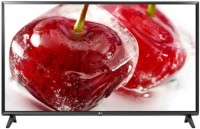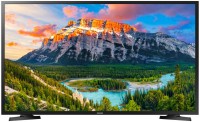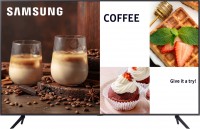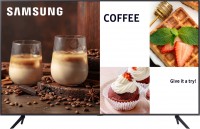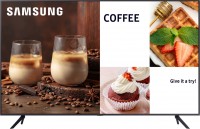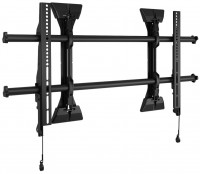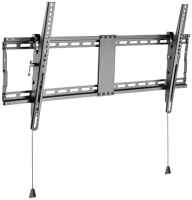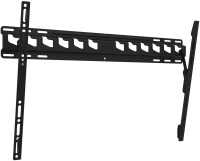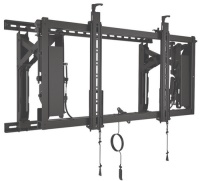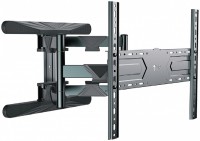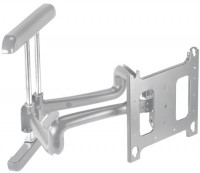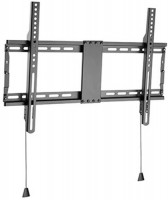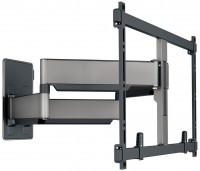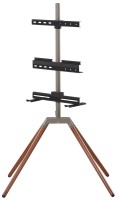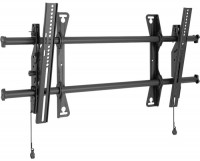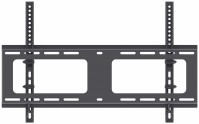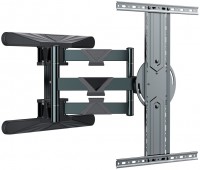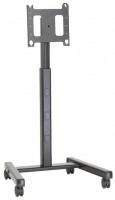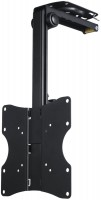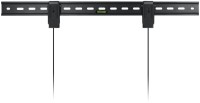Sony KDL-32WD753 32 "
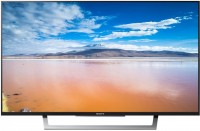 | Outdated Product Size ("): 32; Operating system: Smart TV (proprietary system); Screen coating: anti-glare; Resolution (px): 1920x1080; Frame rate (Hz): 50; Sound power (W): 10; Number of speakers: 2; Digital tuner: DVB-T2 (terrestrial); DVB-C (cable); Wi-Fi: Wi-Fi; Miracast; HDMI: 2; Inputs: USB: USB |
Sony KDL-32WD753 32 "
All specifications
Specifications KDL-32WD753
|
| ||||||||||||||||||||||||||||||||||||||||||||||||||||||||||||||||||
The information in the model description is for reference purposes.
Always clarify the specifications and configuration of the product with the online store manager before purchasing.
Catalog Sony 2025 - new arrivals, bestsellers, and the most relevant models Sony.
Always clarify the specifications and configuration of the product with the online store manager before purchasing.
Catalog Sony 2025 - new arrivals, bestsellers, and the most relevant models Sony.
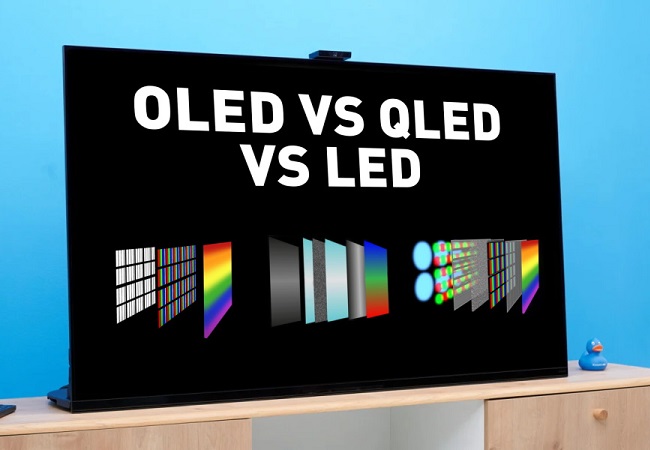
Which TV sensor is the best? And which one is optimal in terms of price and quality?We study the pros and cons of modern TV matrices

Decoding Sony TV Model NumbersFeatures of marking, decoding of symbols and general standards of Sony TVs
Additional features tv Sony KDL-32WD753:
Advanced Contrast Enhancer
The Advanced Contrast Enhancer optimizes contrast in every scene by varying the backlight intensity to capture the finest levels of gradation. This allows us to see deeper blacks, even in dimly lit scenes.
24p True Cinema
This mode allows you to watch movies as they were conceived by the director himself — on a large screen with a frequency of 24 frames per second. Until quite recently, the movies we watched at home played faster than in theaters. Because a movie that is shown on TV or sold on DVD needs to be adjusted to fit the PAL format. The difference is that movies are shot at 24 frames per second, while television standard is 25 frames per second.
- Advanced Contrast Enhancer
- 24p True Cinema Technology
- Energy Saving Modes
- Clear Phase technology compensates for peaks or dips in the original frequency range
Advanced Contrast Enhancer
The Advanced Contrast Enhancer optimizes contrast in every scene by varying the backlight intensity to capture the finest levels of gradation. This allows us to see deeper blacks, even in dimly lit scenes.
24p True Cinema
This mode allows you to watch movies as they were conceived by the director himself — on a large screen with a frequency of 24 frames per second. Until quite recently, the movies we watched at home played faster than in theaters. Because a movie that is shown on TV or sold on DVD needs to be adjusted to fit the PAL format. The difference is that movies are shot at 24 frames per second, while television standard is 25 frames per second.



